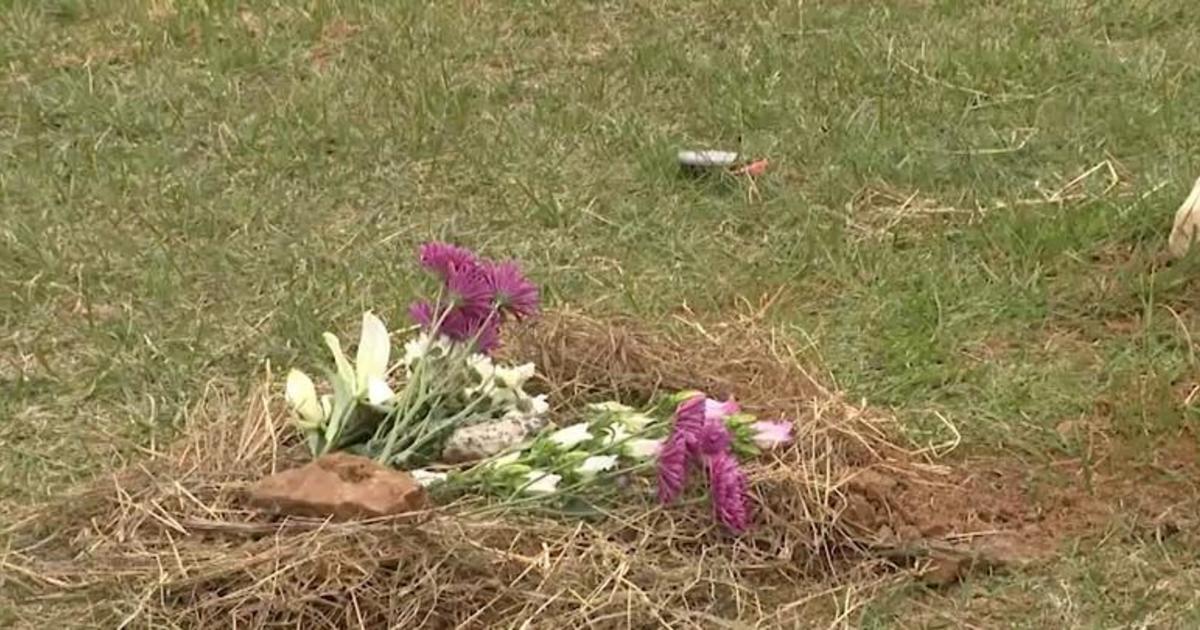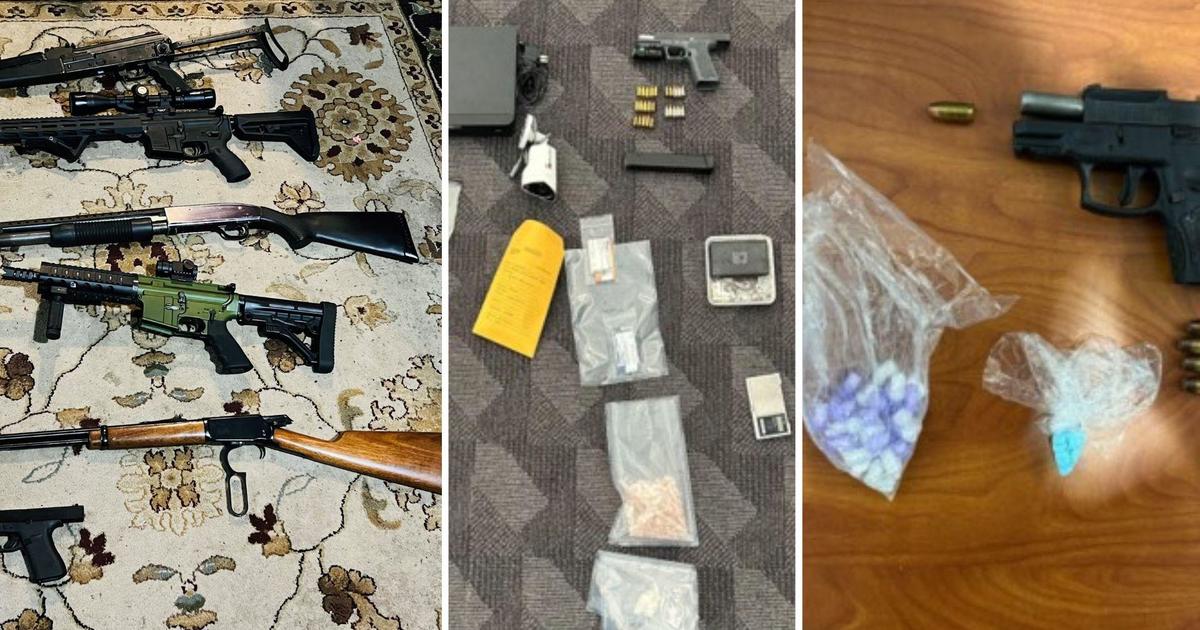Md. Trial Restrictions Bring Deaf Advocacy Action
ELLICOTT CITY, Md. (AP) -- A national advocacy group for the deaf said Tuesday it is developing guidelines for courtroom use of American Sign Language after a Maryland judge banned spectators from using ASL during trial proceedings.
The Silver Spring-based National Association of the Deaf said it will include spectator communication restrictions in a set of nonbinding, best-practices guidelines it is developing for the American Bar Association to publicly disseminate by August 2014.
The action springs from Howard County Circuit Judge William Tucker's ban last week on spectators using sign language and facial expressions during the child sexual abuse trial of former Maryland School for the Deaf dormitory aide Clarence Taylor III. Taylor and all seven alleged victims are deaf.
The judge's order was meant to prevent disruptions, or inadvertent or improper communication between spectators and witnesses on the stand. The judge ejected one spectator for signing and later prohibited talking.
"Communication restrictions in the courtroom should apply to all spectators rather than a specific subset, and we will actively promote this issue with all levels of courts throughout the country," Howard Rosenblum, chief executive of the National Association for the Deaf, said in an email to The Associated Press.
Tucker declined interview requests on the matter. Rosenblum said his group had not contacted the judge about the restrictions.
The trial in Ellicott City, about 15 miles west of Baltimore, entered its seventh day Tuesday. It requires assistance from five interpreters, including two just to relay questions and answers between lawyers and witnesses. None of the jurors appears to be deaf or hard of hearing.
The interpretation process has slowed the pace of the trial, tentatively scheduled for 10 days. Assistant State's Attorney JoAnna Miller said Tuesday that the state was about halfway through its case.
The process also affects the familiar, back-and-forth rhythm of witness testimony. On Tuesday, an interpreter -- rather than the witness -- asked defense attorney Brandon Mead to clarify a question that didn't easily translate into sign language.
At another point, the witness, an 11th-grade girl, seemed confused during cross-examination about details of her allegation that Taylor had grabbed her breast during a handshake at least four years ago at the school's Columbia campus. Under cross-examination, she testified that she didn't remember it happening.
Then, as Mead pressed the point, she said, "I do know it happened. I just don't remember when."
(Copyright 2013 by The Associated Press. All Rights Reserved.)



